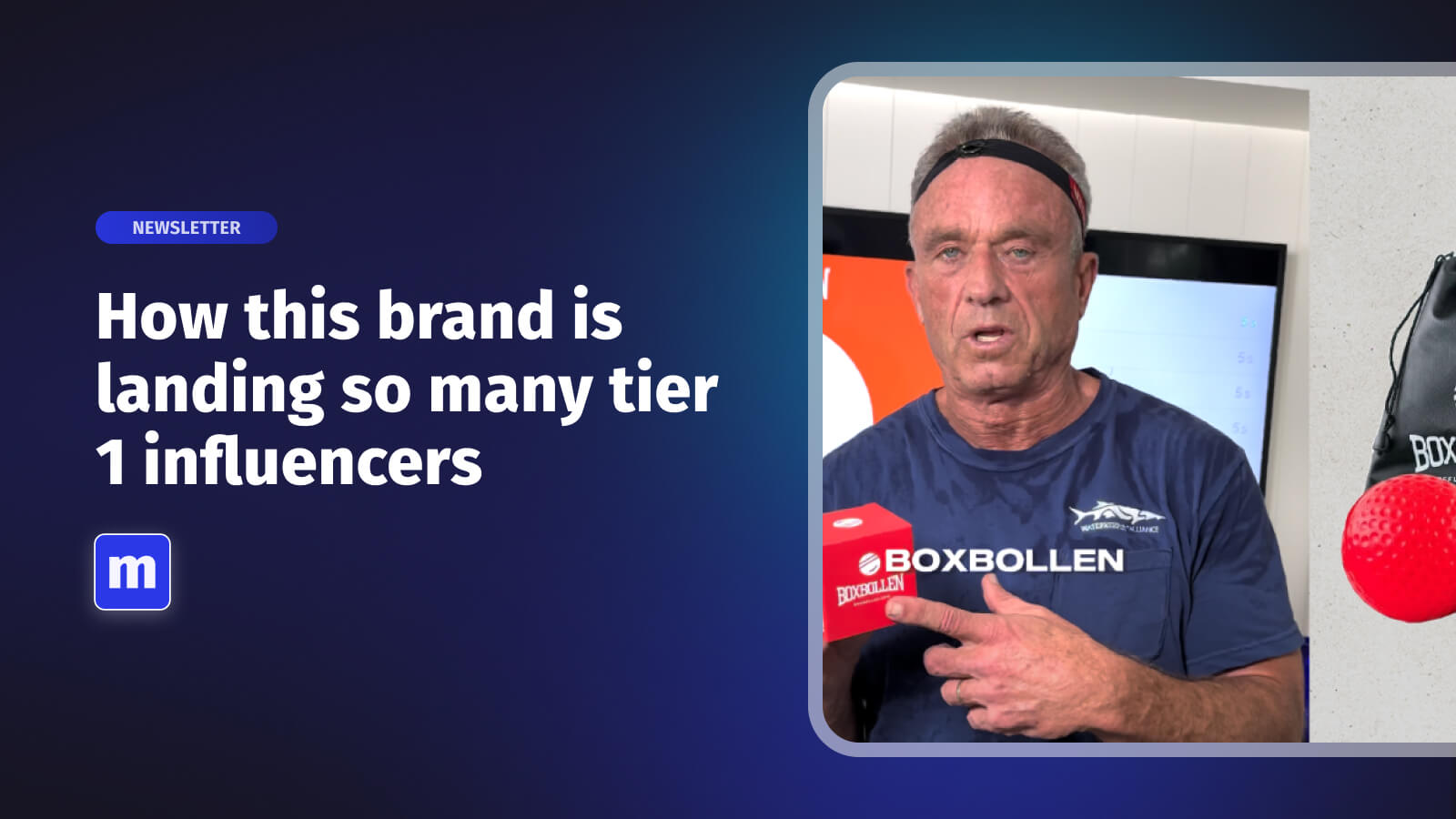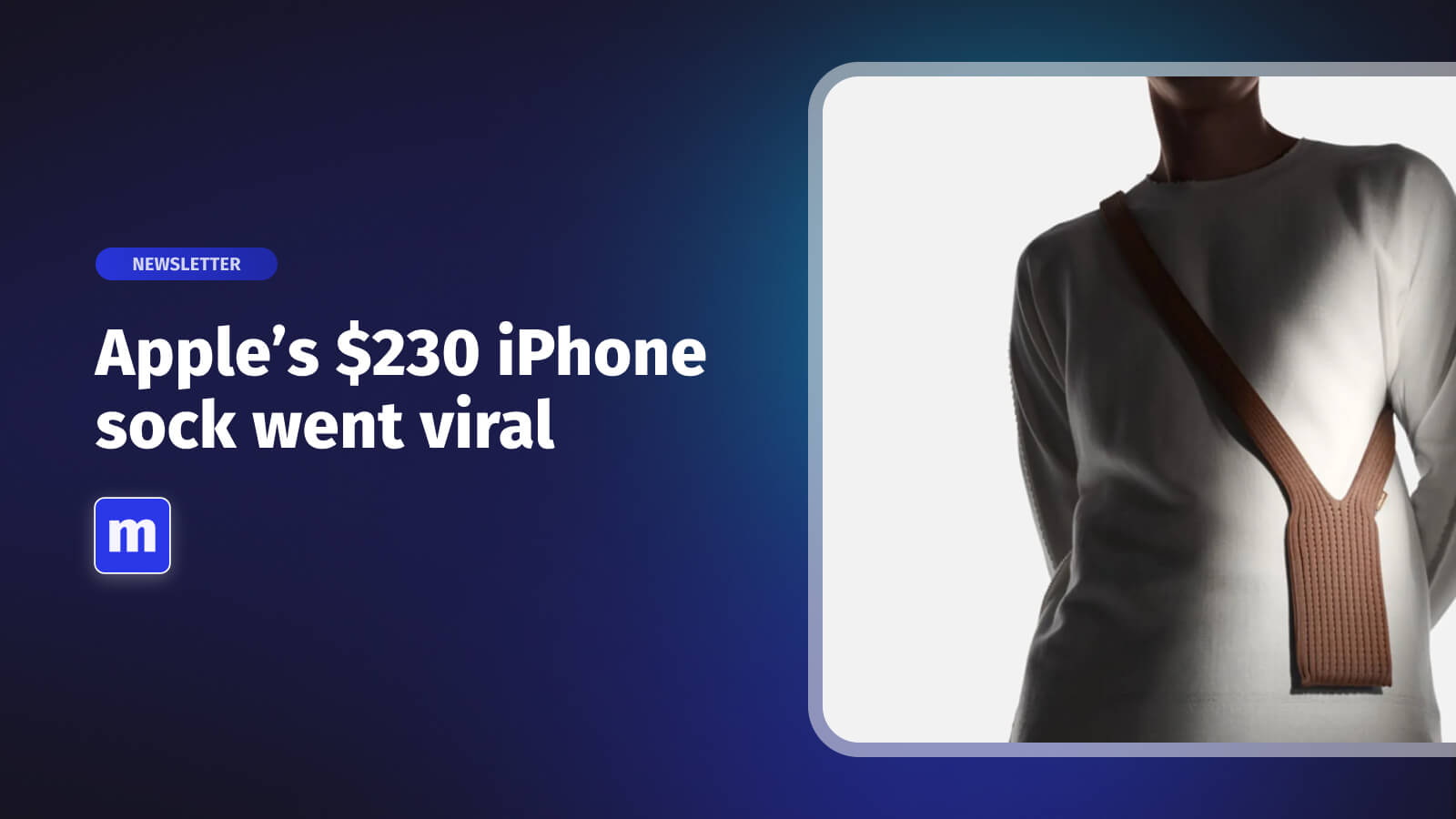.jpg)
Table of Content:
- Amazon: Harnessing Customer Reviews
- eBay: Building Credibility with User Ratings
- Airbnb: Personalizing Experiences with User Testimonials
- Sephora: Beauty Insider Community
- Etsy: Highlighting Craftsmanship through Customer Feedback
- Warby Parker: Virtual Try-On and Customer Reviews
- Adidas: Leveraging Influencer Partnerships
- Lush: Advocacy through Ethical Practices
- Nike: Social Media Engagement as Social Proof
- Wayfair: User-Generated Content and Visual Reviews
In the bustling digital marketplace, where countless brands vie for attention, the savvy shopper often looks beyond flashy ads and polished pitches. They seek a more authentic signal of a product's worth — a signal known as social proof. This psychological phenomenon, where people mirror the actions and opinions of others, has become a cornerstone of e-commerce success. It's the digital equivalent of a crowded restaurant drawing a passerby's interest — if everyone else is buying, there must be something to it, right?
Social proof takes many forms: from the glowing testimonial of a satisfied customer to the curated Instagram post of a celebrity. Each serves as a powerful testament to a brand's value, influencing decisions and shaping perceptions in a way that traditional advertising simply cannot match. In this article, we delve into the world of e-commerce to uncover ten brands that have mastered the art of social proof, transforming casual browsers into loyal customers.
As we explore these social proof examples, we'll see how real customer reviews, influencer endorsements, and user-generated content don't just enhance a brand's image — they amplify it. These brands don't just tell you they're great; they show it through the voices of those who have experienced their products first-hand. So, whether you're a digital marketer looking to boost your brand's online presence or a consumer curious about what makes you click 'add to cart,' join us on this journey through the landscape of social proof in e-commerce.
Understanding Social Proof in E-Commerce
Before diving into the examples, let's unpack the concept of social proof and its pivotal role in e-commerce. At its core, social proof is the idea that people will conform to the actions of others under the assumption that those actions are reflective of the correct behavior. In the context of online shopping, social proof is the digital nod of approval that signals to potential buyers, "This product is worth your time and money."
The Psychology Behind Social Proof
Humans are inherently social creatures, and our decisions are heavily influenced by the actions and opinions of those around us. This is especially true in the online world, where the vast array of choices can be overwhelming. Social proof acts as a compass, guiding shoppers through the noise and helping them make decisions with confidence. When we see others enjoying a product, leaving positive reviews, or endorsing a brand, we're more likely to believe that we will have a similar positive experience.
What are types of social proof in e-commerce?
Types of social proof in e-commerce include customer reviews and ratings, user-generated content, expert endorsements, celebrity endorsements, social media likes and shares, bestseller labels, and personal recommendations from friends and family.
1. Customer Reviews and Ratings: Perhaps the most direct form of social proof, customer reviews and ratings provide a transparent look at the experiences of previous buyers. They can range from star ratings to detailed accounts of product performance and customer service interactions.
2. User-Generated Content: When customers share their own photos, videos, or stories about a product, it not only validates the product's quality but also creates a community around the brand. This type of content is seen as highly trustworthy because it comes from unpaid, genuine users.
3. Expert Endorsements: Approval from industry experts or thought leaders can lend a brand significant credibility. These endorsements suggest that a product is not only popular but also respected by those with authority in the field.
4. Celebrity Endorsements: Celebrities and influencers can catapult a brand into the spotlight. Their endorsements serve as a form of aspirational social proof, suggesting that the product is of a quality worthy of public figures.
5. Social Media Proof: The number of likes, shares, and comments on social media can act as a barometer for a product's popularity and acceptance. A buzzing social media presence indicates a brand that's received a public stamp of approval.
6. 'Wisdom of the Crowds': When a product is best-selling or has a label like "Amazon's Choice," it benefits from the wisdom of the crowd. This type of social proof suggests that a product is so effective that a large number of people have collectively decided it's the best option.
7. 'Wisdom of Friends': Recommendations from friends and family carry immense weight. When e-commerce sites display what your connections have purchased or recommended, it brings a personal touch to online shopping.
Each of these types of social proof can be a powerful tool in an e-commerce brand's arsenal, helping to convert uncertainty into action and browsers into buyers. With the right strategy, social proof can elevate a brand from simply being seen to being sought after.
10 Brands Boosting Sales with Social Proof
1. Amazon: Harnessing Customer Reviews
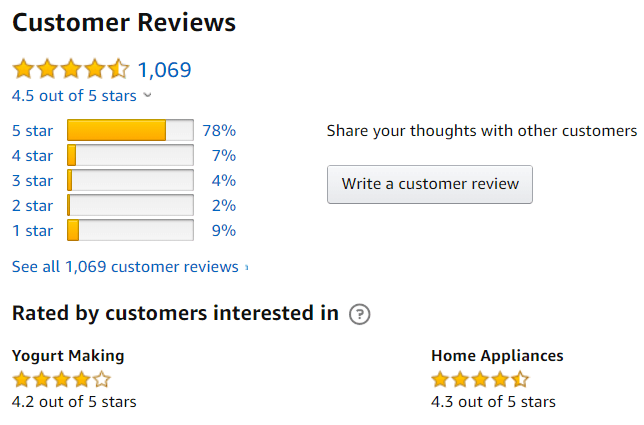
Amazon, the e-commerce giant, has long understood the power of social proof, particularly through customer reviews. By encouraging buyers to leave feedback on their purchases, Amazon has created a robust system that future customers rely on to make informed decisions.
The Impact of Authentic Feedback
Amazon's platform is a testament to the influence of genuine customer reviews. Products are often accompanied by thousands of user testimonials, ratings, and Q&A sections. This wealth of information helps to demystify the online shopping experience, allowing customers to gain insights into the product beyond the manufacturer's description.
Star Ratings and Detailed Reviews
Each product on Amazon is rated on a scale of one to five stars, providing a quick visual cue to the item's reputation among consumers. But Amazon goes further by offering detailed reviews that often include user-generated images and videos. This level of detail gives a clearer picture of the product in real-world use, bridging the gap between online browsing and physical shopping.
Negative Reviews as Trust Builders
Interestingly, Amazon's inclusion of negative reviews plays a crucial role in building trust. By allowing customers to see both the good and the bad, Amazon creates a more transparent and trustworthy shopping environment. Shoppers can weigh the pros and cons from a variety of perspectives, leading to more confident purchase decisions.
2. eBay: Building Credibility with User Ratings

eBay, one of the pioneers of online marketplaces, has harnessed the power of user ratings to build a credible and trustworthy platform. User ratings on eBay don't just reflect product quality; they are a comprehensive indicator of a seller's reputation, which is crucial in a platform where multiple vendors sell similar products.
A Comprehensive Feedback System
eBay's feedback system allows buyers to leave a positive, neutral, or negative rating for sellers, along with a short comment about their experience. This feedback is then aggregated into an overall score, which becomes a quick reference point for future buyers.
The Role of Detailed Seller Ratings
Beyond the general feedback, eBay introduced Detailed Seller Ratings (DSRs), which allow buyers to rate specific aspects of the transaction, such as item description accuracy, communication, shipping time, and shipping and handling charges. These DSRs give prospective buyers a more nuanced understanding of what to expect from a seller.
Feedback as a Two-Way Street
eBay also recognizes the importance of sellers being able to trust buyers, which is why they allow sellers to rate buyers as well. This two-way feedback system fosters a community of mutual respect and accountability.
3. Airbnb: Personalizing Experiences with User Testimonials

Airbnb revolutionized the travel industry by connecting people looking for unique accommodations with those who have spaces to share. A key to their success is the use of user testimonials, which personalize and humanize the travel experience, making it more relatable and trustworthy for potential guests.
Storytelling Through Reviews
Airbnb's platform allows guests to leave detailed reviews of their stays, which often read like personal travel stories rather than simple feedback. These narratives provide future guests with a glimpse into what they might expect from their stay, beyond the basic description provided by the host.
Highlighting Unique Experiences
The testimonials often highlight the unique experiences that hotels typically can't offer, such as a local cooking class with the host or insights into hidden gems in the neighborhood. This level of personal touch is what sets Airbnb apart and is a powerful form of social proof that resonates with travelers seeking authentic experiences.
Visual Proof with User Photos
In addition to written testimonials, Airbnb encourages users to post photos of their stays, providing visual social proof that complements the written stories. These authentic photos often carry more weight than professional images because they show real experiences of actual guests.
4. Sephora: Beauty Insider Community
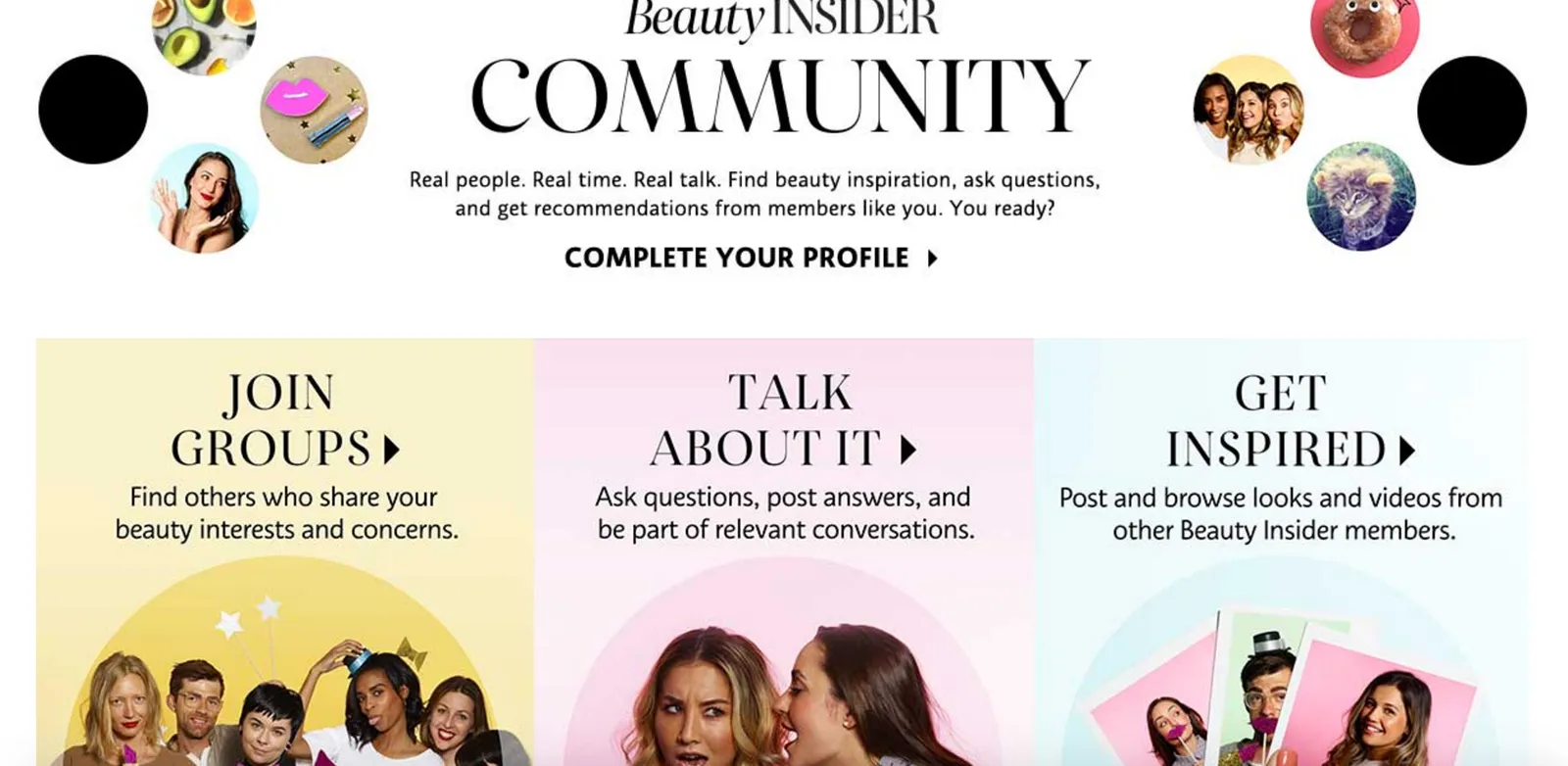
Sephora, a leading beauty retailer, has cultivated a vibrant community where beauty enthusiasts converge to discuss, review, and recommend products. The Beauty Insider Community is a hub of social proof, where the power of peer recommendations and user-generated content drives sales and brand loyalty. We previously featured this program in our list of 8 companies with the best brand ambassador programs.
A Platform for Peer Recommendations
The Beauty Insider Community is an online space where customers can post product reviews, share beauty tips, participate in discussions, and even upload their own photos and videos showcasing the products in use. This peer-to-peer exchange acts as a real-time, evolving catalog of social proof that products are tried, tested, and loved.
Encouraging Authentic Experiences
Sephora encourages its community members to be candid in their reviews, fostering an environment of authenticity. These genuine accounts are invaluable for customers navigating the vast world of beauty products, looking for items that have garnered the approval of like-minded shoppers.
Leveraging User Content for Marketing
Sephora smartly leverages user-generated content from the community in its marketing efforts, showcasing real customers with real results. This strategy not only provides social proof but also amplifies the voices of its customers, making them feel valued and heard.
Sephora's Beauty Insider Community exemplifies how a brand can leverage social proof to create a loyal customer base and a dynamic, interactive shopping experience that goes beyond the transaction.
5. Etsy: Highlighting Craftsmanship through Customer Feedback
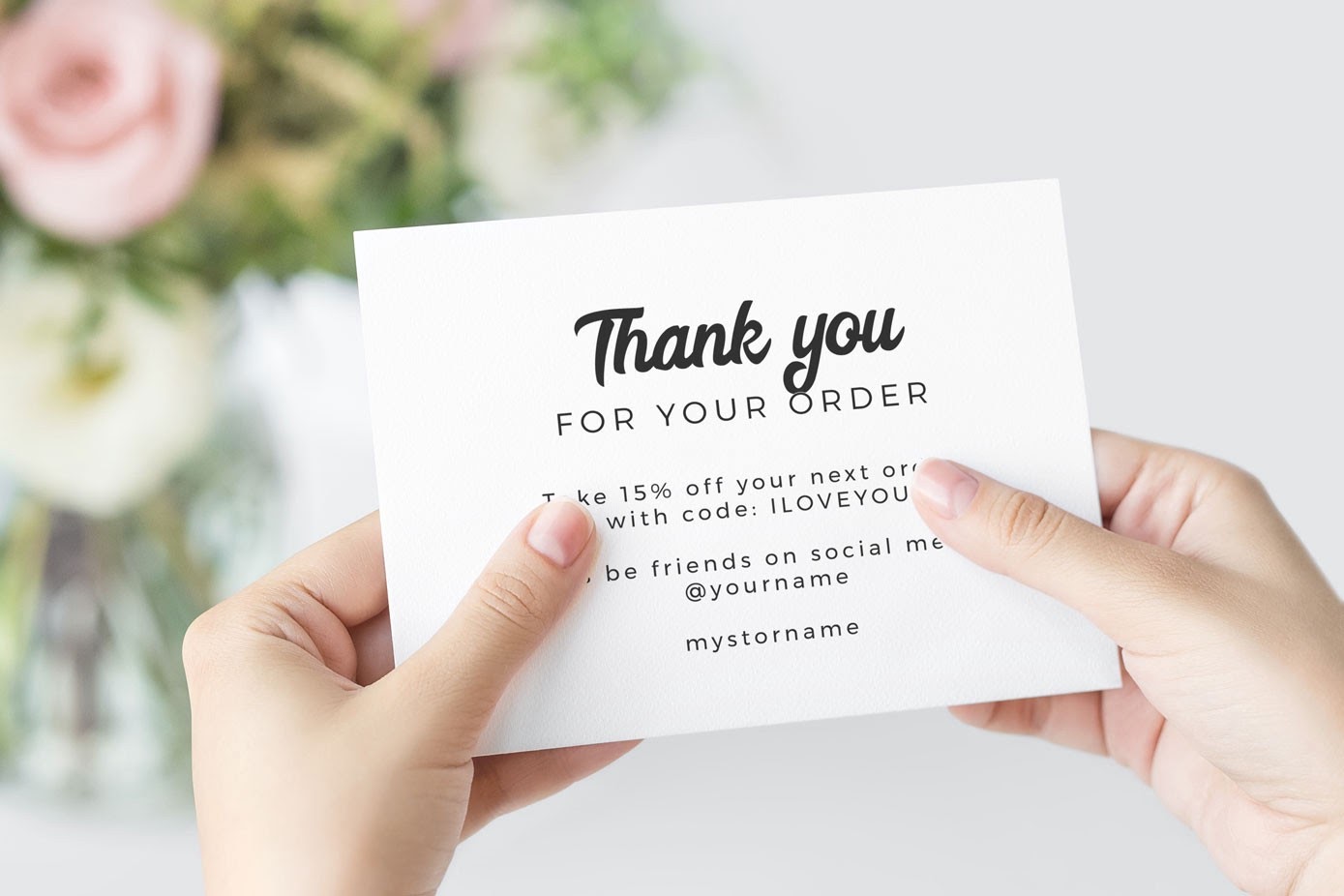
Etsy stands out in the e-commerce world as a global marketplace for unique and creative goods, many of which are handmade or vintage. The platform empowers artisans and small businesses by providing a space where craftsmanship is celebrated, and customer feedback plays a pivotal role in highlighting the quality and uniqueness of these products.
A Showcase of Authenticity and Quality
Etsy's review system allows customers to leave detailed feedback on their purchases, which often includes comments on the craftsmanship, the quality of materials, and the creativity of the items. This feedback is not just about the products but also about the customer service and personal touches provided by the sellers, which can include customizations and gift-like packaging.
Visual Reviews Tell a Story
Etsy encourages buyers to include photos with their reviews, offering visual proof of their purchases. These images often show the products in use, in their new homes, and sometimes even the unboxing experience. This visual element adds depth to the written reviews, providing a richer story for potential buyers.
Building a Community Around Craft
The platform's focus on handmade and vintage items creates a sense of community among users who value these qualities. When customers leave reviews, they're not just informing others about a product; they're participating in a larger narrative about the importance of supporting independent creators and preserving traditional crafts.
Encouraging Repeat Business
Positive reviews on Etsy not only help individual sellers stand out but also contribute to the overall trustworthiness of the marketplace. They encourage repeat business and word-of-mouth recommendations, which are crucial for the success of small-scale artisans and vintage collectors.
6. Warby Parker: Virtual Try-On and Customer Reviews
Warby Parker, the innovative eyewear brand, has redefined the process of selecting glasses with its customer-centric approach and clever use of technology. By integrating social proof into their business model, they've built a brand that resonates with consumers' desire for a personalized, hassle-free shopping experience.
Blending Technology with Personal Experience
Warby Parker's virtual try-on feature allows customers to see how different frames will look on their faces using just their smartphone cameras. This interactive experience not only adds an element of fun to the shopping process but also provides a level of personalization that is often missing in online retail.
Customer Reviews as a Fit Guide
The brand takes it a step further by encouraging customers to post reviews and share photos of themselves wearing their Warby Parker glasses. These real-world images serve as a fit guide for potential buyers, offering a more relatable depiction of the products than professional models could.
A Community of Spectacle-Wearers
By featuring customer stories and photos on their website and social media, Warby Parker creates a community of spectacle-wearers who take pride in their choice of eyewear. This sense of belonging and shared experience is a powerful form of social proof that encourages new customers to join the Warby Parker family.
7. Adidas: Leveraging Influencer Partnerships

Adidas, a titan in the sportswear industry, has long capitalized on the power of social proof by partnering with athletes and cultural icons to market their products. These partnerships go beyond traditional endorsements, weaving the brand into the fabric of sports and lifestyle and resonating with a broad audience.
Community Engagement Through Influencers
Adidas also engages with a network of micro-influencers and brand ambassadors who share their experiences with the brand on social media. This strategy taps into niche markets and creates a more personal and relatable form of social proof that can influence consumer behavior on a grassroots level.
Innovative Campaigns
Adidas frequently launches innovative campaigns that encourage user participation, such as #MyAdidas, where customers are invited to share their own Adidas stories and experiences. These campaigns transform customers into brand advocates, generating organic social proof.
Sustainability and Social Responsibility
In recent years, Adidas has also focused on sustainability and social responsibility, which has strengthened its brand image. Initiatives like producing shoes from recycled ocean plastic have garnered positive attention and approval from environmentally conscious consumers, serving as a new kind of social proof that aligns with the values of their customers.
8. Lush: Advocacy through Ethical Practices
Lush Cosmetics has carved out a distinctive niche in the beauty industry by not only selling fragrant bath bombs and organic lotions but also by championing ethical practices and transparency. This commitment to advocacy has garnered them a loyal following and serves as a potent form of social proof.
Ethical Sourcing and Handmade Products
Lush's dedication to ethical sourcing and the handmade nature of their products is prominently featured in their marketing. By showcasing the origin stories of their ingredients and the artisans who create their products, Lush provides customers with a sense of participation in these ethical practices when they make a purchase.
Customer Stories and Engagement
Lush encourages customers to share their own stories and experiences with the brand, often featuring these testimonials in their stores and online platforms. This direct customer engagement not only serves as social proof but also amplifies the voice of the consumer, reinforcing the brand's image as customer-focused and genuine.
Highlighting Environmental and Social Initiatives
The company's environmental and social initiatives, such as reducing packaging waste and supporting grassroots organizations, further strengthen the trust and loyalty of their customers. These actions provide social proof that Lush is a brand with a conscience, attracting consumers who want their purchasing decisions to reflect their own commitment to these causes.
9. Nike: Social Media Engagement as Social Proof
Nike has become synonymous with athletic excellence and cultural relevance, a status cemented not just by their high-quality products but also by their mastery of social media engagement. Nike's social media platforms are less about direct selling and more about building a community and lifestyle around the brand, which serves as powerful social proof.
Creating a Movement with Hashtags
Nike campaigns often go viral, thanks to catchy hashtags like #JustDoIt, which encourage users to share their athletic achievements and aspirations. These hashtags become movements, with each post serving as an endorsement of the Nike lifestyle.
Celebrity and Athlete Partnerships
The brand's partnerships with top athletes and celebrities create a ripple effect of social proof. When these figures wear Nike, they're not just wearing a brand; they're embodying the ethos of victory and perseverance that Nike represents.
User-Generated Content
Nike's encouragement of user-generated content has been a game-changer. By featuring customer photos and stories in their marketing, they validate the customer's experience and foster a sense of belonging among their followers.
10. Wayfair: User-Generated Content and Visual Reviews

Wayfair, a giant in the online home goods and furniture market, has effectively utilized user-generated content and visual reviews to provide social proof and reassure customers in their purchase decisions. In an industry where seeing and feeling the product is a significant part of the shopping experience, Wayfair's approach bridges the gap between online browsing and the tangible reality of home décor.
Visual Reviews as a Confidence Booster
Seeing a piece of furniture or decor in a real home setting can significantly boost a shopper's confidence in how the item will look and fit in their own space. Wayfair's visual reviews offer this confidence by showcasing a variety of styles and settings, demonstrating the product's versatility.
Interactive Community Q&A
Wayfair's product pages often include a Q&A section where prospective buyers can ask current owners about their experiences. This interactive feature adds another layer of social proof, as it allows for direct communication between customers.
A Catalogue Curated by Customers
By leveraging user-generated content, Wayfair has created a catalogue that is continuously curated by its customers. This approach not only enriches the shopping experience but also fosters a sense of community among Wayfair shoppers, as they contribute to the collective knowledge of the platform.
The Power of Social Proof in E-Commerce
As we've explored through these ten e-commerce brands, social proof is not just a marketing tactic; it's a fundamental element that shapes consumer behavior and decision-making. From Amazon's extensive customer reviews to Wayfair's user-generated content, each brand has uniquely harnessed the power of social proof to build trust, credibility, and a sense of community.
The Human Connection
What stands out across all these examples is the human connection. Whether it's through shared customer experiences, endorsements from familiar faces, or the collective wisdom of the crowd, social proof brings a personal touch to the digital marketplace. It reassures potential customers that behind the screen lies a network of satisfied buyers and a product worth investing in.
A Strategy for Growth
For e-commerce brands, incorporating social proof into their online presence is not just about increasing conversions; it's about creating lasting relationships with customers. It's a strategy that encourages growth through authenticity and customer engagement, turning one-time buyers into loyal advocates.
Looking Ahead
As the e-commerce landscape continues to evolve, the brands that will thrive are those that recognize and leverage the influence of social proof. By prioritizing transparency, customer satisfaction, and community building, brands can not only boost sales but also establish a formidable presence in the hearts and minds of consumers.
In conclusion, the examples of social proof we've seen are a testament to its effectiveness in the e-commerce space. For businesses looking to elevate their online strategy, the message is clear: cultivate social proof, and the customers will follow.
Related content
Turn your social content into a revenue channel
Turn your TikToks and Reels into shoppable videos and boost conversions by 3.5x.




